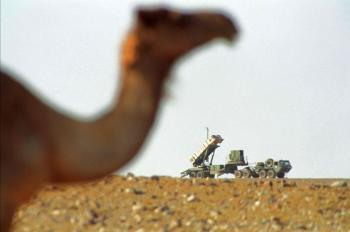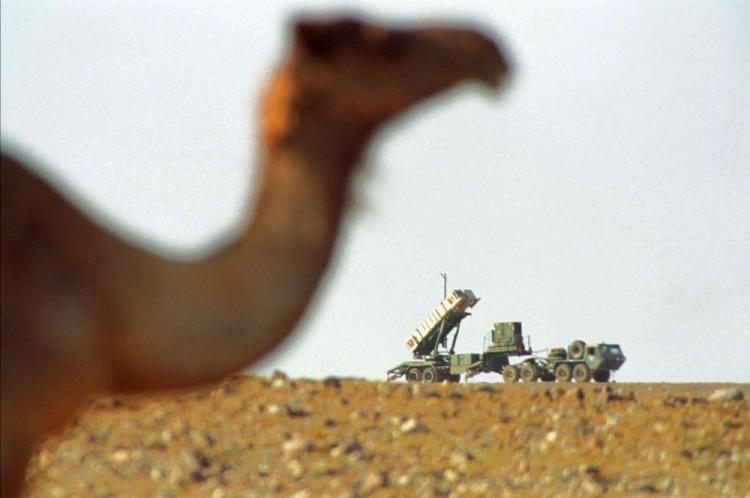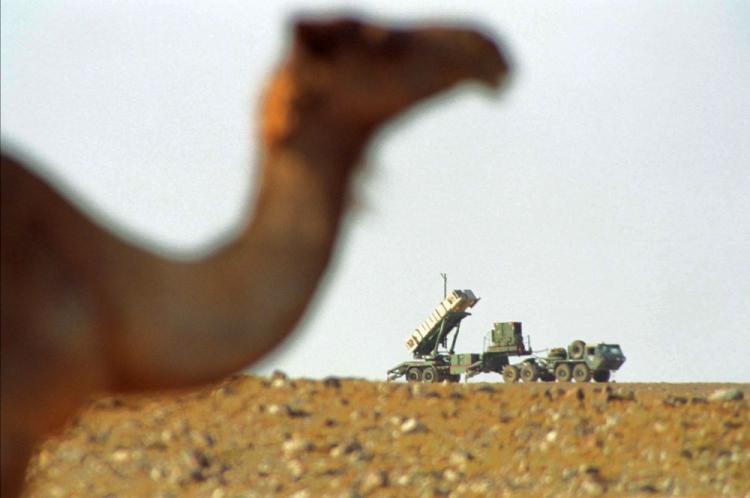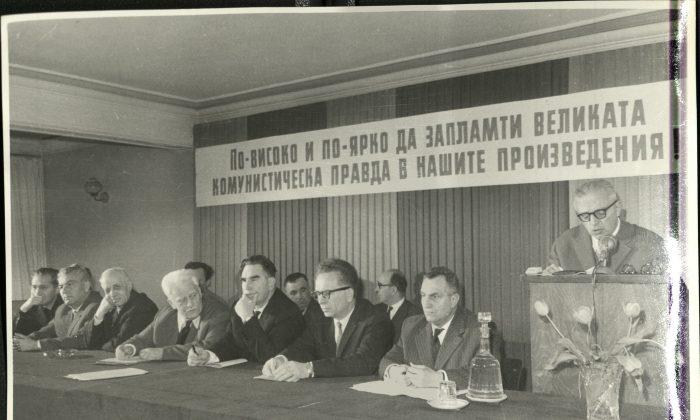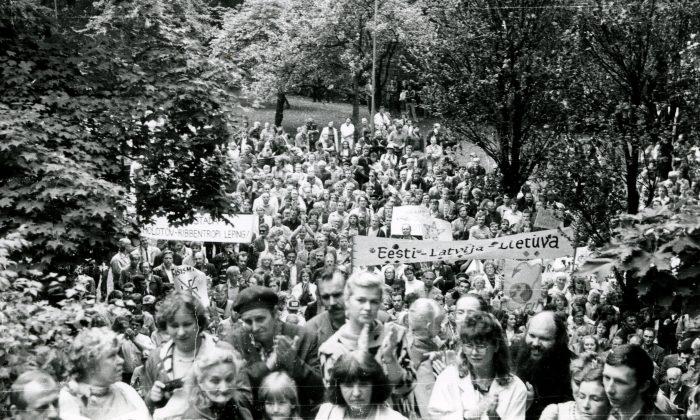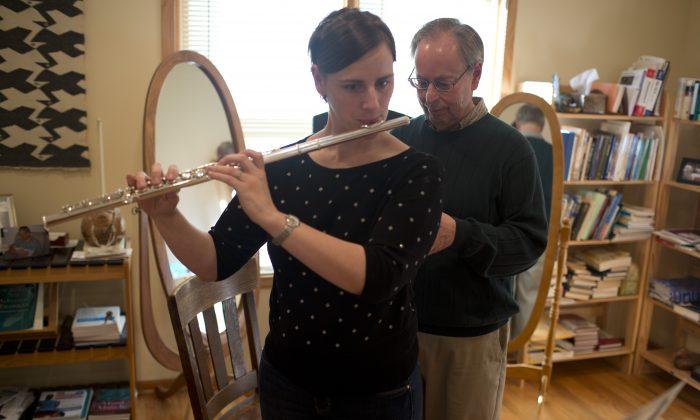While the author says he has no political goals, the publication of “The Unspoken Alliance: Israel’s Secret Alliance with Apartheid South Africa” by Sasha Polakow-Suransky, has caused an unexpected uproar in the media and evoked the anger of the Israeli president.
“I never dreamed it would cause such a stir. I knew my findings were interesting and controversial, but I did not expect it to be a news story outside of Israel and South Africa and even in those countries I never expected such attention,” wrote Polakow-Suransky in an e-mail to The Epoch Times.
Polakow-Suransky is a historian and senior editor at the New York-based Foreign Affairs magazine. The controversy over his book, which was released in the U.S. last week, surrounds the disclosure of an alleged secret nuclear deal between Israel and South Africa (SA) back in the 1970s.
The Guardian newspaper in the U.K. broke the story on May 24, which was then picked up and repeated by media worldwide.
The Guardian reported that according to a declassified “top secret” memo cited in his book, Israel’s then defense minister Shimon Peres, who is now president, “formally offered to sell South Africa some of the nuclear-capable Jericho missiles in its arsenal” during talks with his counterpart P.W. Botha in Johannesburg. The alleged codename of the project was ‘Chalet.’
In his e-mail, Polakow-Suransky says that The Guardian article contains inaccuracies.
“The Guardian story simplified some details and confused the names of a few documents. The narrow claim in my book on the Jericho issue is that high-level discussions took place, Peres was involved, an offer was on the table, and SADF [South African Defence Force] officials took that offer so seriously that they began discussing the utility of nuclear Jericho missiles the very same day the possibility of such a sale was broached (March 31, 1975).”
While the author may not have not expected to receive any significant attention from the world, Israeli President Peres reacted, denying the existence of any nuclear weapons agreements between his country and South Africa, saying in a statement that they have “no basis in reality.”
The president warned he would send a harsh letter to The Guardian for publishing the article without considering Israel’s official stance. Peres expressed frustration that the media wrote the material based on “selective interpretation of South African documents and not on concrete facts” and said will urge the editor to publish the “true facts.”
Polakow-Suransky told The Epoch Times that the detail that caught fire with the media around the world was not actually the most striking one in his book.
The author said that more important was that South Africa had “lifted bilateral safeguards on all the uranium it had sold to Israel between 1962 and 1976, allowing it to be used in Dimona [nuclear site],” he wrote.
“Israel offered tritium to SA in return and funneled money to a SA cabinet official to ensure the deal went through.”
Despite the controversy, Polakow-Suransky does not think they will have a big impact on Israel’s policy of ambiguity on nuclear weapons, or it they will prevent Iran from continuing to develop their weapons. Rather, he presumes they might be used as a model of action by Iran in its nuclear program now.
“I never dreamed it would cause such a stir. I knew my findings were interesting and controversial, but I did not expect it to be a news story outside of Israel and South Africa and even in those countries I never expected such attention,” wrote Polakow-Suransky in an e-mail to The Epoch Times.
Polakow-Suransky is a historian and senior editor at the New York-based Foreign Affairs magazine. The controversy over his book, which was released in the U.S. last week, surrounds the disclosure of an alleged secret nuclear deal between Israel and South Africa (SA) back in the 1970s.
The Guardian newspaper in the U.K. broke the story on May 24, which was then picked up and repeated by media worldwide.
The Guardian reported that according to a declassified “top secret” memo cited in his book, Israel’s then defense minister Shimon Peres, who is now president, “formally offered to sell South Africa some of the nuclear-capable Jericho missiles in its arsenal” during talks with his counterpart P.W. Botha in Johannesburg. The alleged codename of the project was ‘Chalet.’
In his e-mail, Polakow-Suransky says that The Guardian article contains inaccuracies.
“The Guardian story simplified some details and confused the names of a few documents. The narrow claim in my book on the Jericho issue is that high-level discussions took place, Peres was involved, an offer was on the table, and SADF [South African Defence Force] officials took that offer so seriously that they began discussing the utility of nuclear Jericho missiles the very same day the possibility of such a sale was broached (March 31, 1975).”
While the author may not have not expected to receive any significant attention from the world, Israeli President Peres reacted, denying the existence of any nuclear weapons agreements between his country and South Africa, saying in a statement that they have “no basis in reality.”
The president warned he would send a harsh letter to The Guardian for publishing the article without considering Israel’s official stance. Peres expressed frustration that the media wrote the material based on “selective interpretation of South African documents and not on concrete facts” and said will urge the editor to publish the “true facts.”
Polakow-Suransky told The Epoch Times that the detail that caught fire with the media around the world was not actually the most striking one in his book.
The author said that more important was that South Africa had “lifted bilateral safeguards on all the uranium it had sold to Israel between 1962 and 1976, allowing it to be used in Dimona [nuclear site],” he wrote.
“Israel offered tritium to SA in return and funneled money to a SA cabinet official to ensure the deal went through.”
Despite the controversy, Polakow-Suransky does not think they will have a big impact on Israel’s policy of ambiguity on nuclear weapons, or it they will prevent Iran from continuing to develop their weapons. Rather, he presumes they might be used as a model of action by Iran in its nuclear program now.
